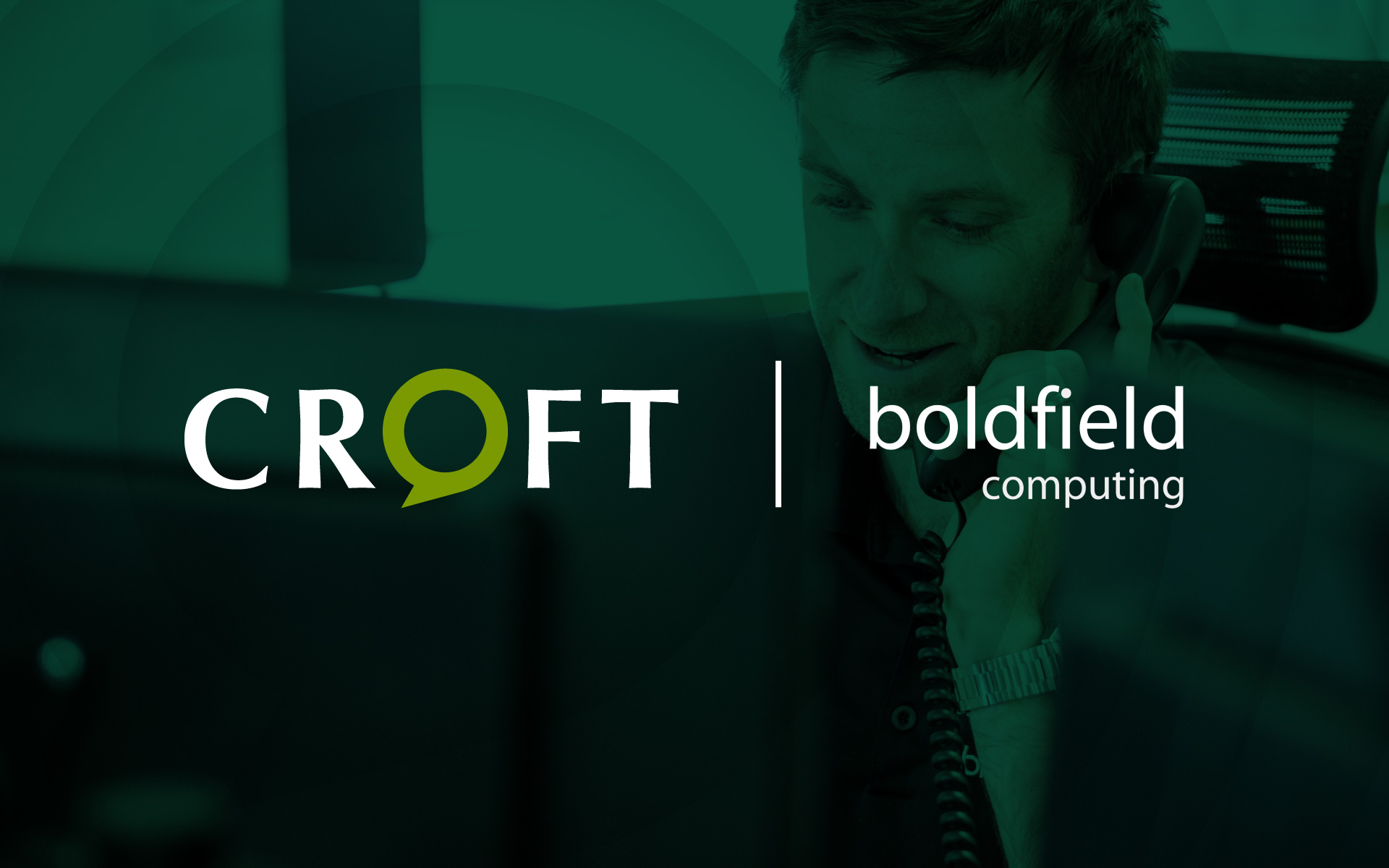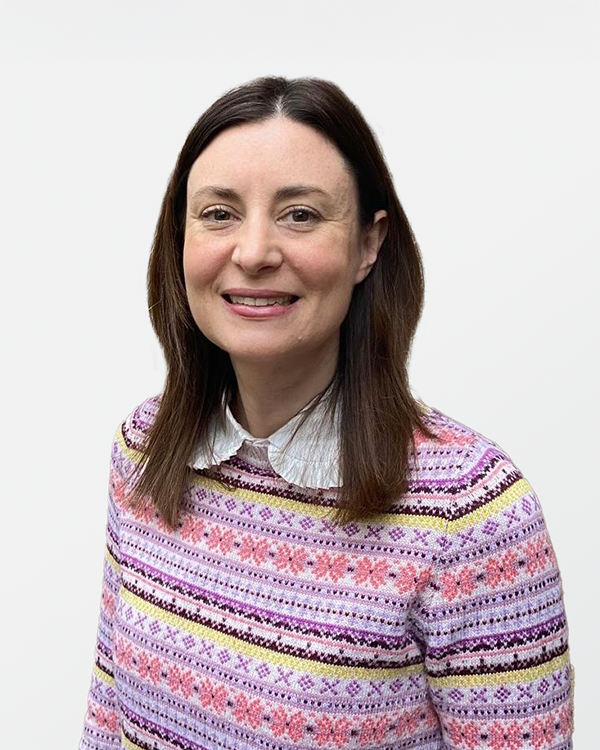
The Boldfield Computing acquisition process: MD Andy Irvine discusses how the company joined forces with Croft

When it came to choosing an acquiring company, Boldfield Computing had a number of options. So what made them go with Croft? We sat down with Boldfield’s Managing Director Andy Irvine, to find out what made Croft stand out, how the acquisition process went in practice, and what advice he would give to other companies considering an acquisition.
What were the benefits of choosing Croft as the acquiring company?
Well, we had a number of suitors if you like. One reason for choosing Croft was just about the warmth of the organisation, the welcome we got. The acquisition process is never entirely financial - it’s got to be about people and human beings too, and they ticked that box.
Croft also wanted to keep some elements of our company intact. They wanted to keep our office, our staff, our approach to customers. I thought there was a large degree of fit in terms of how we wanted to treat customers and I felt that they had a much wider portfolio than us in terms of UC connectivity and mobile.
I felt that the Croft approach was about building for the future, rather than just purely asset stripping or cost cutting.
How was the acquisition process?
Every acquisition process is quite long and there are a lot of things like due diligence to carry out, but I felt that the process was very constructive. With Croft, it was very much “what you see is what you get”. If the directors said they would do something, then that is what happened.
There are times in any significant change or big process, where you have some misgivings and need a bit of reassurance. I felt that Phil and Mark were very available and responsive to any questions we had.
Some of the things you want to ask for during an acquisition are purely business points. They're very cut and dried. And other things are dear to one's heart or somewhat emotional. And I felt that they covered off both of those, and that was very reassuring that they would listen to people's concerns and deal with them rather than just making it a financial transaction.
What was the reaction from your team?
Well, I think that they were very surprised at first. But I think they could see the logic of it.
A lot of Croft people have been to our offices, from Nikki the sales director to Mark the CEO, so they have been visible and interactive, and they have all said to us that there’s a fantastic team spirit here.
I still think it's early days and people are nervous a little bit. But on the whole I think the team feels positive about the change.
We have really tried to make the integration work. One of the things that makes it work is a bit of enthusiasm and trying to get to know people in Croft, inviting them to our offices, going to some of the social things that we've already been to.
What advice would you give to other businesses considering an acquisition?
Look at everything, and have in your mind what a good result looks like for you.
At the beginning of the process we wrote down what would be good for us, and obviously what would be good for us is we got the right amount of money for our shareholders. But our director Ian and I also wanted a bit of ongoing involvement in the company. We wanted our staff to be looked after. We didn't want our office to be closed, we wanted our finance director to be hired. So we had a predetermined list of what would be a great outcome.
And I think, really, you've got to make a hard and a soft list. And the hard stuff might be, “I won't sell for less than X amount of money”, or “there's got to be 60% upfront”. You can write that hard list, but you also need a soft list that outlines the human side of the process. You’re not selling a second hand car, you’re selling something that you have loved and created over the years. And I think you need to think what is going to be the ideal solution for you? Different companies will have different answers to that question.
It's one of the biggest financial decisions you'll ever make in your life. And we felt that Croft had the best fit for all the items that are hard and soft. Of course it’s about money, but also we feel comfortable, we feel happy, we feel valued.
Any final comments?
I think it's sometimes hard for a business owner to change because they've spent ten years trying to be the king of a small castle. And now you've got to understand you're a prince in a federation.
You need to make that transition. That's my advice. And it can be fun because moving into a bigger company it's stimulating to have a lot of very motivated, very clever colleagues with different skills.
